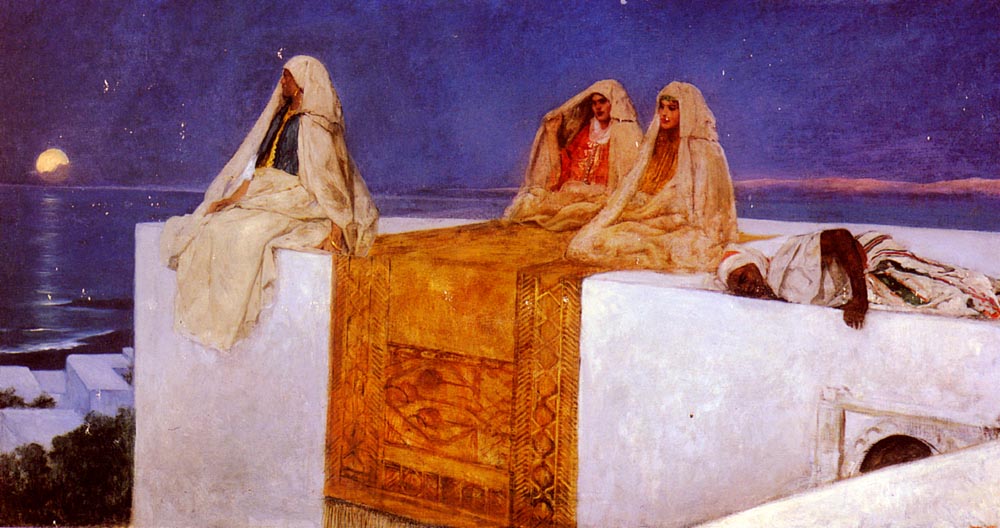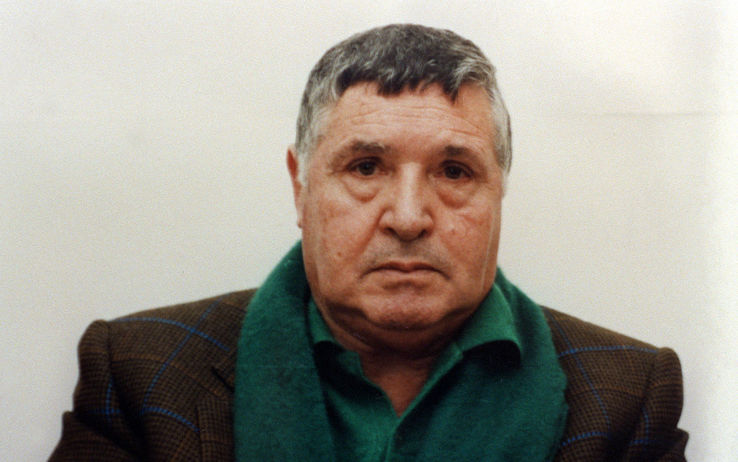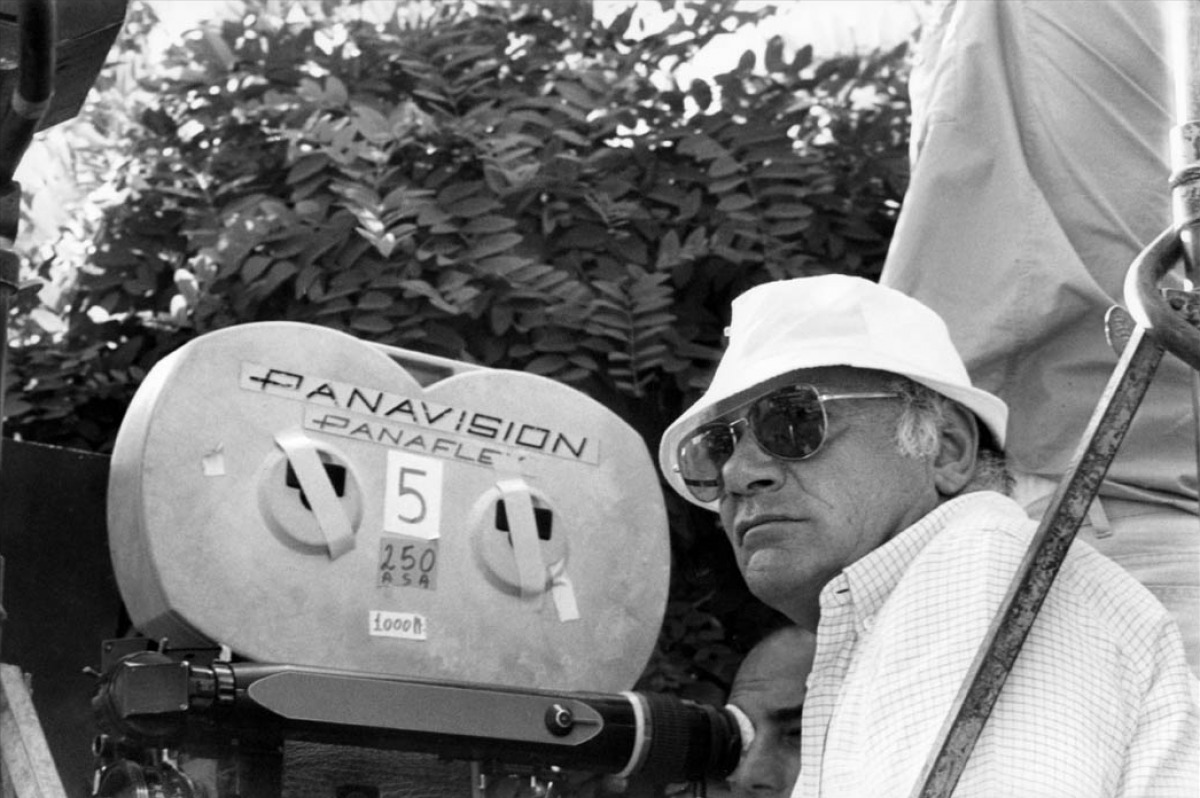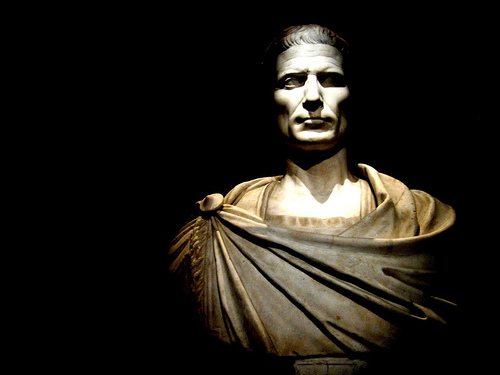The 17 January 1991 a multinational force led by the United States of America attacked militarily the State of Iraq, led by dictator Saddam Hussein. The root cause of the conflict was the invasion in August 1990 on the part of the Iraqis of the neighboring state of Kuwait to take advantage of the rich oil fields. The battle lasted little more than a month: the forces deployed by the two sides saw the victory of the Americans and their allies; the Iraqis retreated from Kuwait burning oil wells. The "Gulf war" was also the first conflict to be broadcast worldwide: How can we forget the images of the nights of Baghdad with daylight from American and Iraqi missiles. From that 17 January 1991, the nights of Baghdad were no longer the same. A second war, duration from 2003 until 2011, swept the entire Iraqi regime by causing the downfall and death of his dictator. Today in Iraq and chaos reigns in Baghdad: the past wars and the current infighting have erased all traces of one of the oldest and most historical countries of the Middle East, Nothing remains except its sky, perfect and unchanging over time, inspiration of the largest Oriental writers, of the "Arabian Nights".
Among all the reports about Baghdad of "Arabian Nights" carry this:
Story of Ali Cogia merchant of Bagdàd
In Bagdàd dwelt a merchant named Ali Dwarf, that he lived alone and in decent conditions. This man dreamed for three consecutive nights an old urged him to go on pilgrimage to Mecca. For the sake of conscience, Ali Dwarf decided to sell all his belongings and set off on a pilgrimage. Fearing that he would run out of money, hid a thousand gold coins in a jar, He held to the brim with olives. He delivered this vase to a friend of his merchant who assured him that he would have kept it shut in their warehouse. Ali Dwarf did brisk business in Mecca and he decided to continue his journey as a tourist, first in Cairo, then in Jerusalem, Damascus and, Finally, in India. So seven years went by and the friend forgot about it, until one day his wife expressed a desire to eat olives. The merchant wanted to open the jar and was astonished to find the gold coins on the bottom. To fill the vase, He added of fresh olives in those seven years old. Soon Wings Dwarf returned and paid a visit to his friend. Asked to retrieve his pot, but he noticed that the gold coins were gone. Believing in good faith of his friend, urged him to admit he borrowed, but the merchant affected not to have touched and questioned the existence of the treasure. Ali Dwarf, heartbroken, He quoted the man in court, but in court, There is no evidence of what he said, the cadi recognized innocent merchant. This process caused a stir in the city and the Caliph Harùn ar-Rashìd, on one of his nocturnal sorties under disguise, He saw some kids that typified the protagonists of the dispute: one of them, pretending to be the cadi, recognized with a series of irrefutable evidence the guilt of the merchant. The Caliph he remembered the fact, Since Ali Dwarf had sent a plea to get his speech. The next day Harùn ar-Rashìd did summon little boy, the merchant, Ali Dwarf, the cadi and two merchants of olives, which they judged that the friend had replaced the honey with fresh olives and obliged him to confess. After returning the stolen goods, the merchant was hanged and the Caliph thanked the boy for being more judicious and intelligent of the cadi and presented him with a gift of one hundred gold coins.
Roberto




